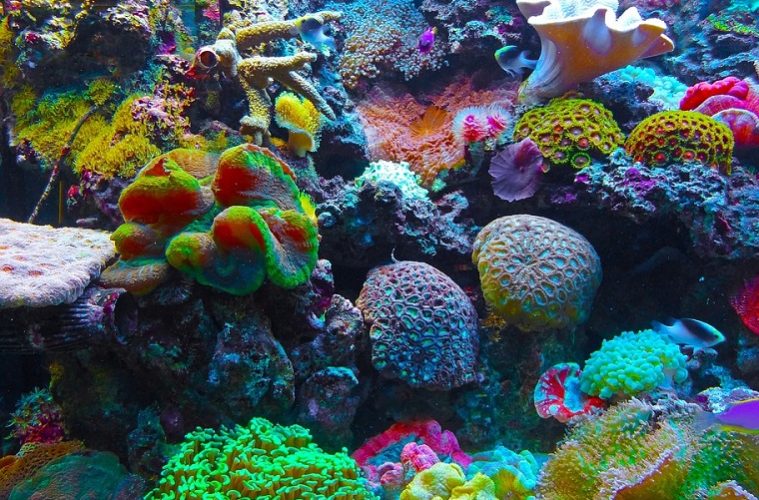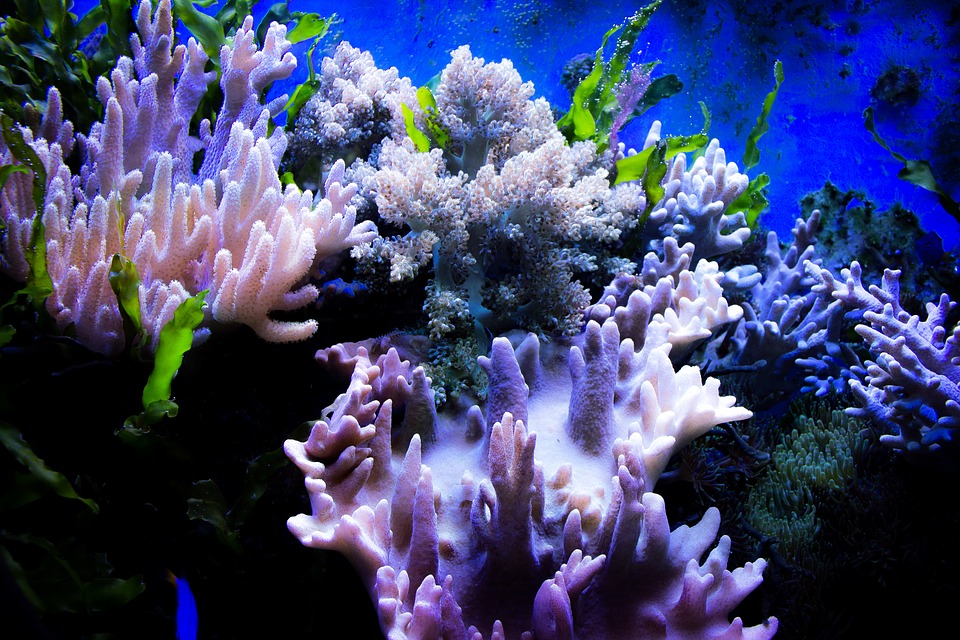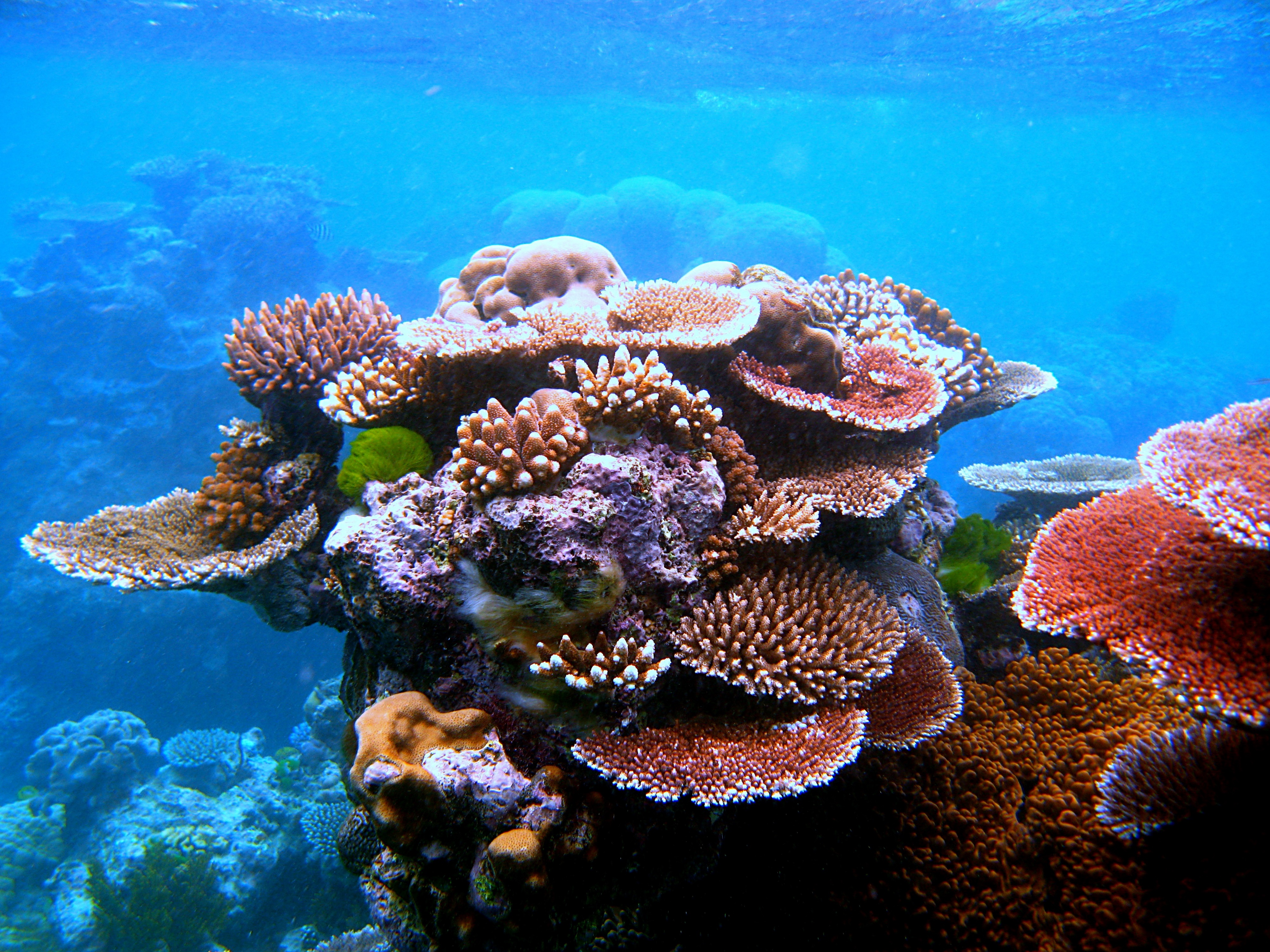The last few years have seen a serious decline in coral reef numbers. As global warming takes its toll and sea temperatures continue to rise, a scene repeated in reefs across our planet is becoming distressingly more common.
In the last 30 years, the world has seen more than half its coral reefs destroyed which poses the beginning of a serious ecological catastrophe. At this rate, scientists have concluded that 90% of the earth’s coral reefs will be dead by the year 2050. With over a quarter of marine species supported by coral reefs plus supporting half a billion people around the world, a disaster as such would be fatal for the planet’s health. Marine biologist, Julia Baum has stated, “This isn’t something that’s going to happen 100 years from now. We’re losing them right now.” Without drastic intervention from the human race, we risk losing it all.
The importance of these reefs is often overlooked by many of us. With one in four marine species inhabiting the reefs, destruction would ultimately result in the extinction of a large fraction of sea life; with a prominent food chain under the waters, even a small drop in reef life could seriously affect even the largest members of the fish family. The population of sharks will be at risk as they see their prey numbers fall dramatically.
Coral reefs are the fabric of the ecosystem and receive visitors from all over the world to appreciate the beauty they bring to earth. The most popular being The Great Barrier Reef in Australia which has also been suffering at the hands of global warming. With coral reefs acting as barriers protecting the land from waves, flooding, and storms, as well as producing a large percentage of the oxygen we breathe, it’s important we begin seeing them as more than just distant holiday and diving destinations…
What can you do to help?
Whilst there is no quick fix for the destruction of coral reefs so far, we can all work together to prevent it in the future and save the plants, animals, and fish that depend on them.
Help reduce pollution: The burning of fossil fuels have contributed massively to the warming of ocean temperatures and bleaching of coral reefs. Don’t be a part of it and perhaps consider taking a bus, walking, or biking more regularly as opposed to taking the car.
Cleanups: Volunteer to take part in a coral reef cleanup when you go on holiday to help the reefs look and stay healthy.
Practice safe snorkelling and diving: Coral is fragile, try not to stand on the reef as this could easily damage the area. Also, take care when anchoring your boat, anchoring on the reefs would certainly kill delicate coral animals.
And most importantly, spread the word. With everyone knowing the fundamental importance of the coral reefs and the benefits they bring, we can all work together closely to prevent an impending ecological disaster which could shape our world for the worst.





